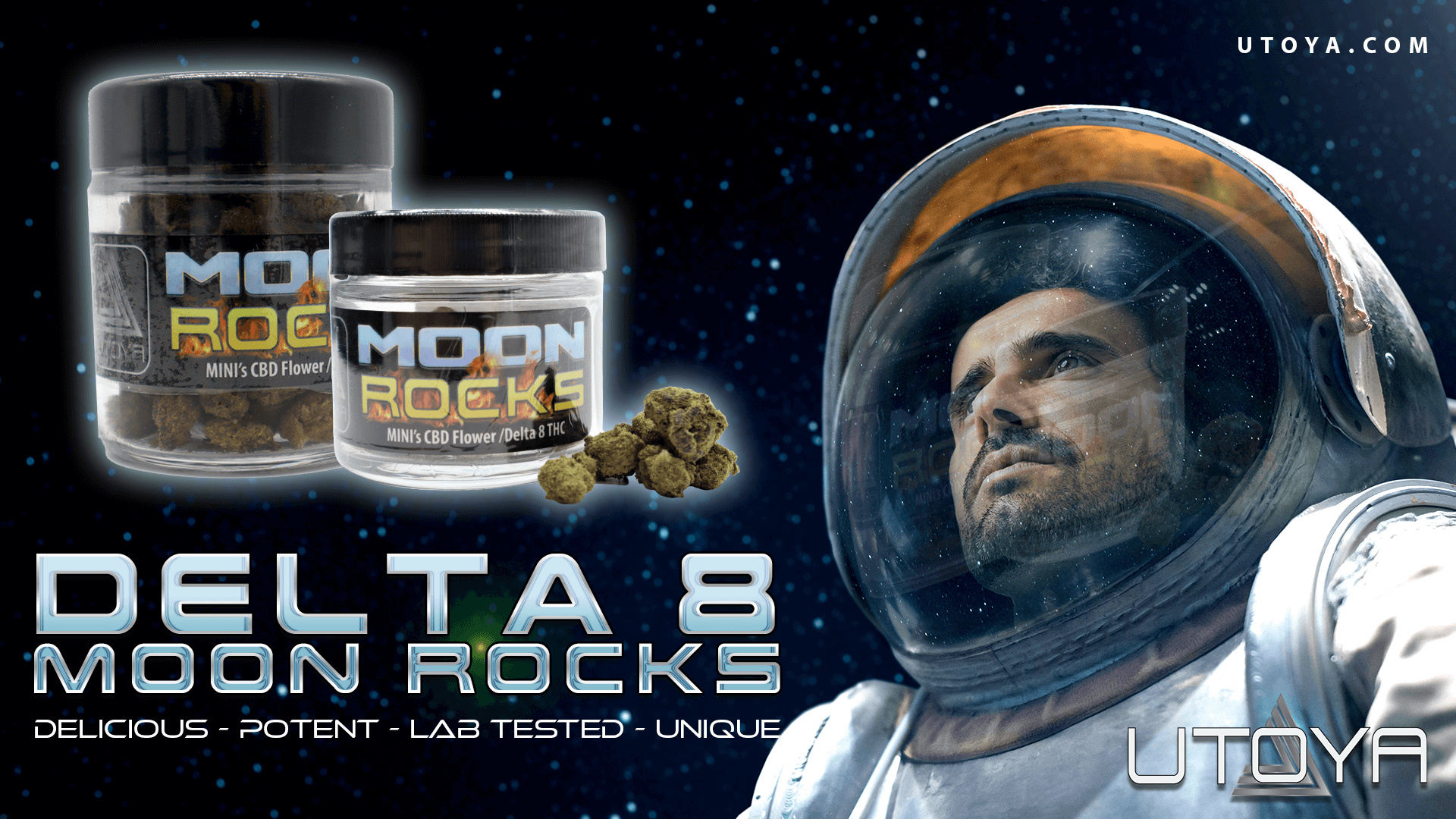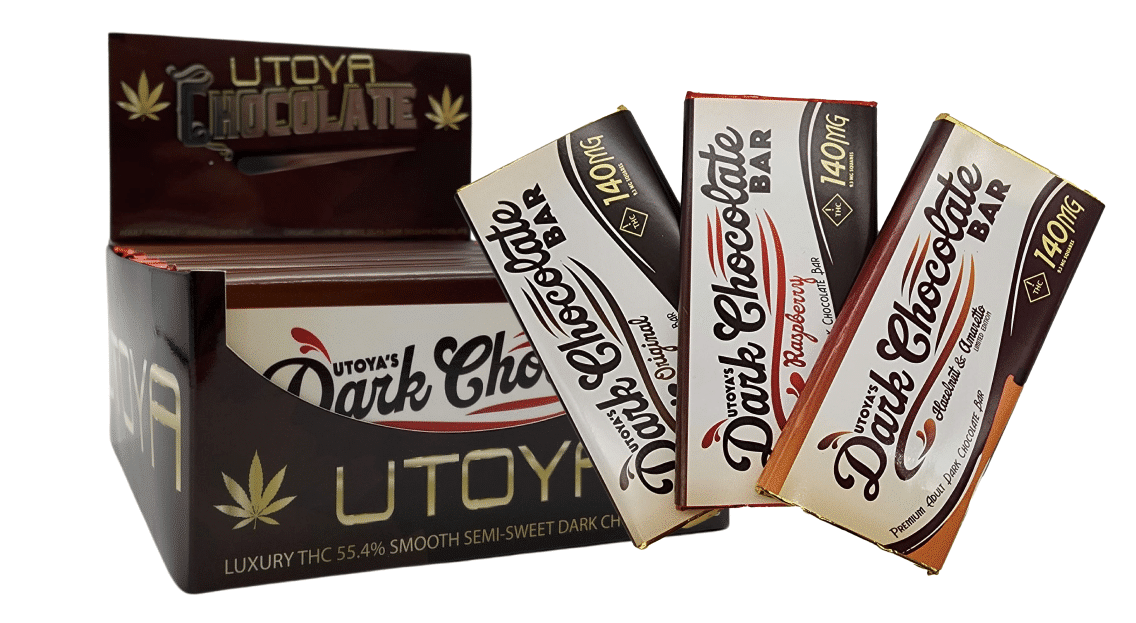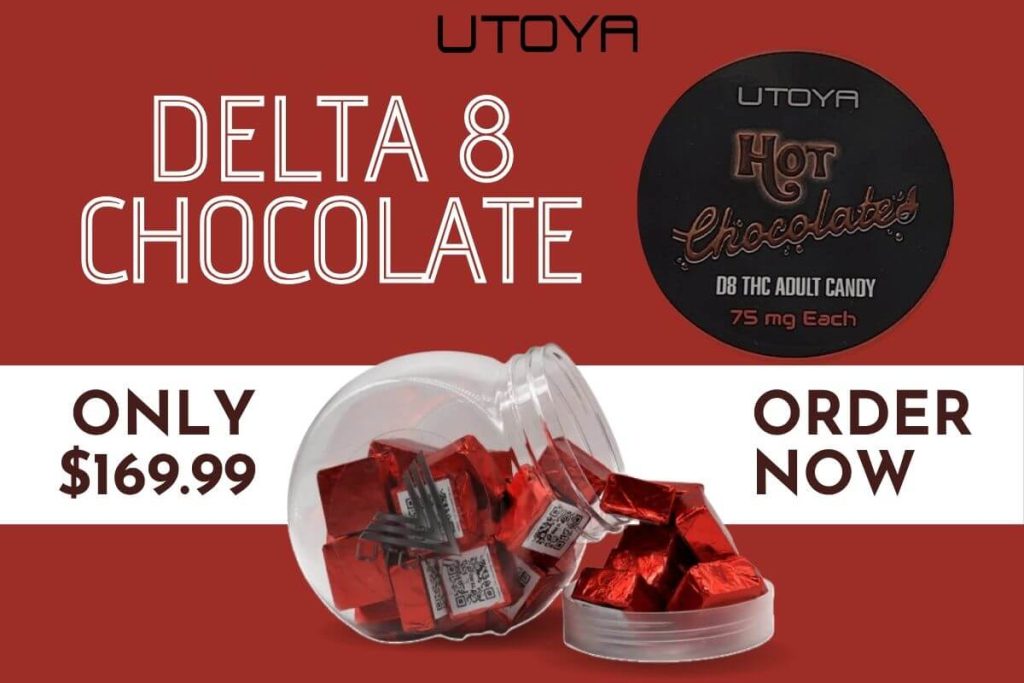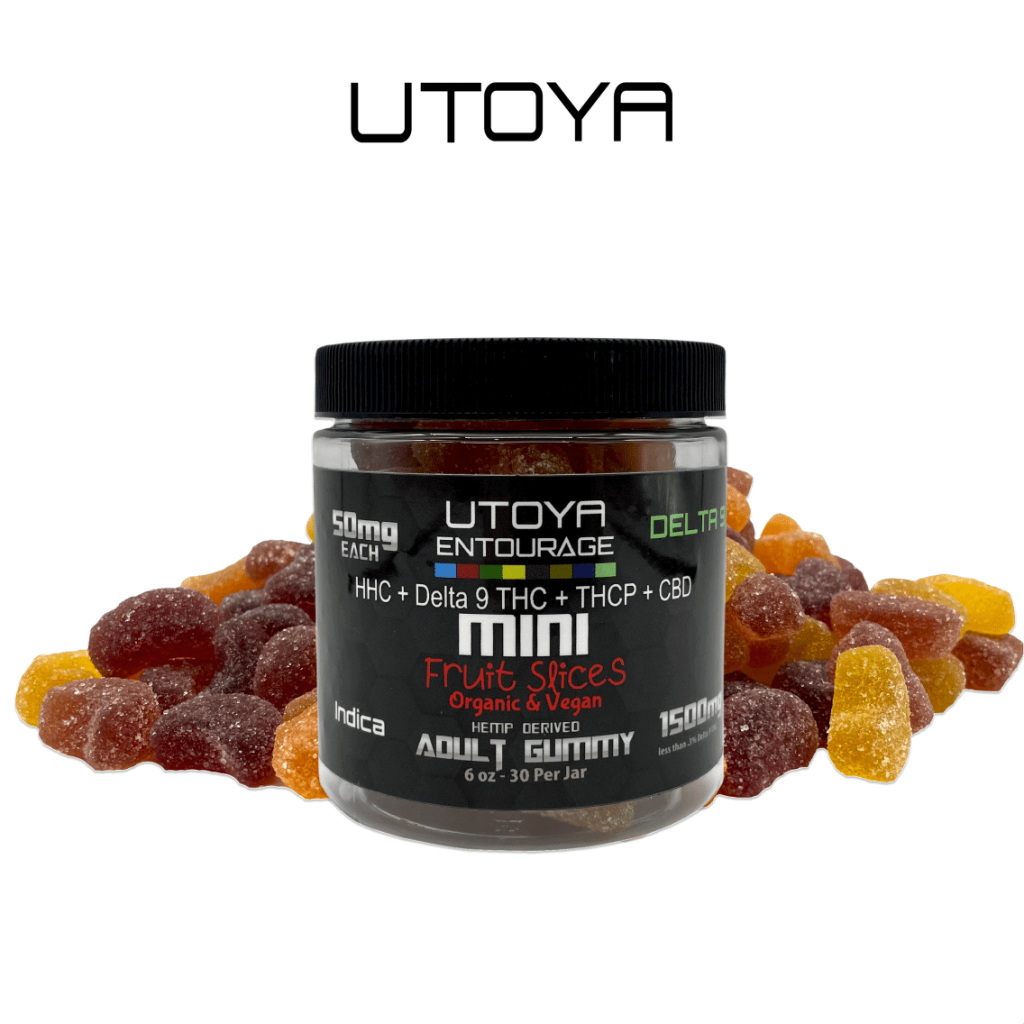Difference Between Delta 8 and Delta 9
In states where recreational or medical marijuana use is legal, cannabis dispensaries offer a wide range of Delta 9-tetrahydrocannabinol (Delta 9 THC) products. Delta 8-tetrahydrocannabinol (Delta 8 THC), a less potent cannabis compound with similar psychoactive effects as Delta 9 THC, is also legal in several states.
Delta 8 THC and Delta 9 THC are produced by the cannabis sativa plant, which naturally produces over 100 cannabinoids or active components. The plant is rich in Delta 9 THC but contains little Delta 8 THC. Like Delta 9 THC, Delta 8 THC can have intoxicating psychoactive effects.
Learn more about Delta 8 and Delta 9 THC.
What Is Delta 8 THC?
Due to the small amount of Delta 8 THC in cannabis sativa, it is typically produced from cannabidiol (CBD) derived from hemp. Delta 8 THC is similar to Delta 9 THC in its psychoactive effects; however, CBD does not have this effect.
Delta 8 THC is available in a variety of forms, including gummies, cookies, tinctures, and vaping cartridges.
The FDA has not evaluated or approved the claims made by some manufacturers who market Delta 8 THC products as a cure for certain medical conditions.
In May 2022, the FDA sent warning letters to five Delta 8 THC product manufacturers for violating the Federal Food, Drug, and Cosmetic Act. These warning letters addressed issues such as misbranding, providing inadequate instructions, marketing products illegally as treatments for medical conditions or other therapeutic purposes, and adding Delta 8 THC to food, such as gummies, chocolate, and other consumables.
Delta 8 THC: Potential Health Risks
Like with any compound, taking in more Delta 8 than your body needs or wants can have some short-term negative effects. These negative side effects are usually dose-dependent, which means they get worse with increasing consumption.
Short-term adverse reactions to Delta 8 THC overconsumption may include:
- Lethargy
- Disorientation
- Anxiety
- Dry mouth and eyes
- Increased heart rate
- Lack of coordination
The adverse effects of inhalation usually resolve within two hours and within several hours after consuming edibles. People with pre-existing conditions could be at risk. Overconsumption of Delta 8 THC may increase psychosis in patients at high risk (or with a diagnosis) for psychotic disorders. Consuming large amounts of Delta 8 THC, particularly when smoked, can cause heart damage and abnormal heart rhythms in those with significant cardiovascular disease.
The product makers themselves are responsible for additional risks related to Delta 8 THC consumption. According to FDA guidelines, Delta 8 THC products can contain harmful chemicals and contaminants, including household chemicals used in the chemical synthesis of Delta 8 THC. It’s important to remember that the FDA has not approved any products containing Delta 8 THC. Delta 8 THC producers may also promote their products using unproven health claims that could be harmful to public health.
What Is Delta 9 THC?
Delta 9 THC is the main naturally-occurring intoxicating component found in cannabis plants. A “high” is typically experienced by someone who smokes or consumes more Delta 9 THC than a certain threshold.
Cannabis dispensaries in states that allow Delta 9 THC offer a wide range of Delta 9 THC products, such as gummies, cookies, candies, infused beverages, tinctures, vaping cartridges, topical creams, and pre-rolled “joints.”
Manufacturers market Delta 9 products as being able to alleviate symptoms of certain medical conditions and diseases. However, the FDA has approved only two synthetic THC formulations—dronabinol and nabilone, which are used to alleviate chemotherapy-induced nausea and vomiting. Nabilone can also be used to increase appetite among AIDS patients.
Delta 9 THC: Potential Health Risks
A variety of adverse effects can occur depending on several factors, including the quantity and quality consumed. These effects include:
- Paranoia
- Elevated anxiety levels
- Sedation
- Confusion
- Dry mouth
- Feeling uncomfortable, unhappy, or unsatisfied
- Hypotension (low blood pressure)
Numerous case reports have described recurrent nausea, vomiting, dehydration, and abdominal pain among long-term Delta 9 THC consumers. Many studies have linked Delta 9 THC use to an increased risk of psychosis, anxiety, depression, schizophrenia, and other psychiatric disorders.
Can Delta 8 Show Up on a Drug Test?
Delta 8 THC is unlikely to cause a positive THC result in a drug test unless the test specifically looks for Delta 8 THC metabolites. However, a drug test could show a positive THC result if a Delta 8 THC product has high concentrations of Delta 9 THC. Some commercial laboratories now add confirmation analyses for Delta 8 THC to drug tests due to its growing popularity.
It’s difficult to say for sure that Delta 8 THC will not show up as positive on a drug screen, as it depends on the product’s quality, its contents, and the type of test used.
Delta 8 THC and Delta 9 THC: Differences & Similarities
Both Delta 8 THC and Delta 9 THC are made up of the same elements (carbon, hydrogen, and oxygen). The only difference is in their arrangement. Delta 8 THC is similar to Delta 9 THC, but they are different in many ways.
Similarities
Both Delta 8 THC and Delta 9 THC can have the same positive and negative effects because they both activate the CB1 and CB2 cannabinoid receptors in the body, including those in the central nervous system.
Activating CB1 can help reduce pain, aid in sleep, increase relaxation, and calm an overactive nervous system. It can also improve appetite, heal and protect nerves, and prevent sensory overload. Activating CB2 is primarily used to calm an overactive immune system and reduce inflammation. Both are essential in improving many chronic diseases.
Overstimulation can lead to lethargy, disorientation, anxiety, dry mouth and eyes, an increased heart rate, and loss of coordination.
Differences
Delta 9 THC is well studied, but Delta 8 THC is not. The way they are regulated (or not) is another major difference. Delta 9 THC has strict regulations in states with legalization laws, including rules for testing, extraction, and labeling. Many Delta 8 THC product manufacturers do not follow specific regulations. They may not check that their products are completely free of adulterants or that they contain exactly what is stated on the labels.
Another difference between Delta 8 and Delta 9 THC is potency. It is reasonable to assume that properly labeled Delta 8 THC will be one-quarter to a third less potent than an equal amount of Delta 9 THC.
Delta 9 THC in the form of flower (buds) can be smoked, vaporized, or used as a topical preparation without extraction. However, edibles, topicals, and other preparations require extraction. Almost all Delta 8 THC products are made from CBD-sourced cannabis.
Is Delta 9 THC and Delta 8 THC Legal?
Delta 8 THC, although legal on the federal level, is not legal in all states. Delta 9 THC, while illegal on the federal level, is legal for recreational use and/or medical purposes in many states. The laws governing the sale, production, and use of Delta 8 and Delta 9 THC continue to evolve.
Discover the Benefits of Delta-8 with Utoya Organics!
Experience the unique benefits of Delta-8 THC with Utoya Organics‘ premium products. From gummies and tinctures to vaping cartridges and more, our high-quality Delta-8 offerings are designed to provide you with relaxation, improved sleep, and a balanced mind.
Trust in Utoya Organics for safe, effective, and thoroughly tested Delta-8 products. Shop now and elevate your wellness routine with the natural power of Delta-8 THC!





